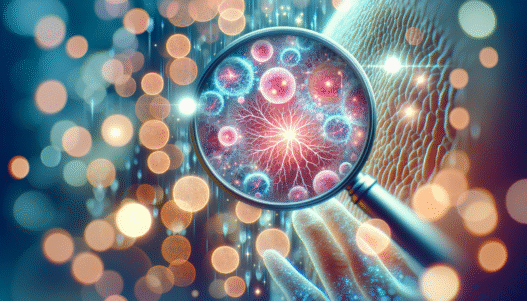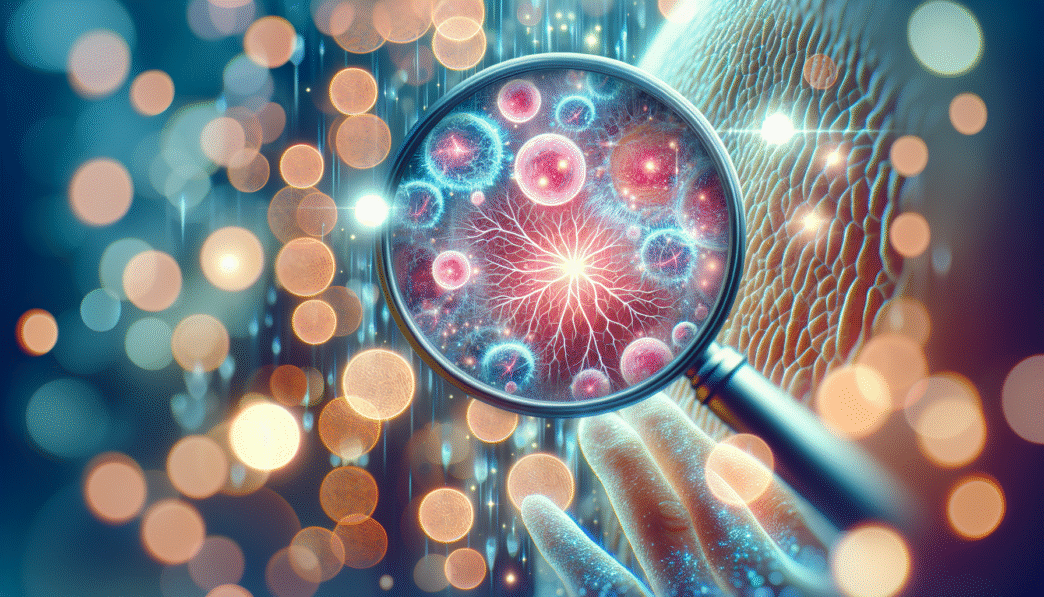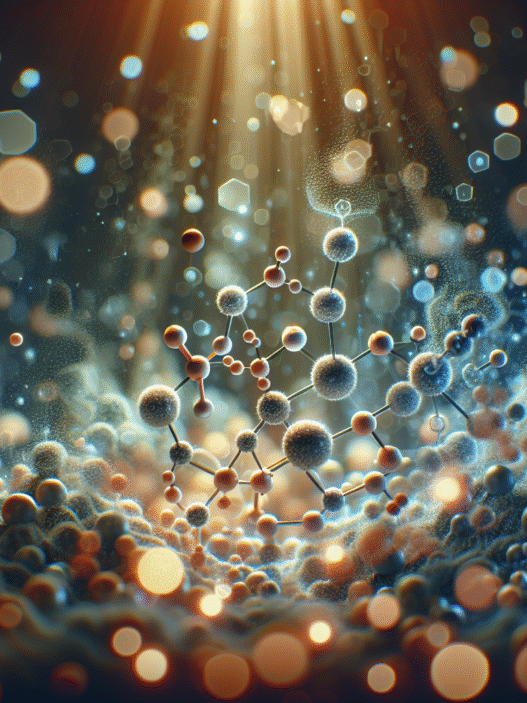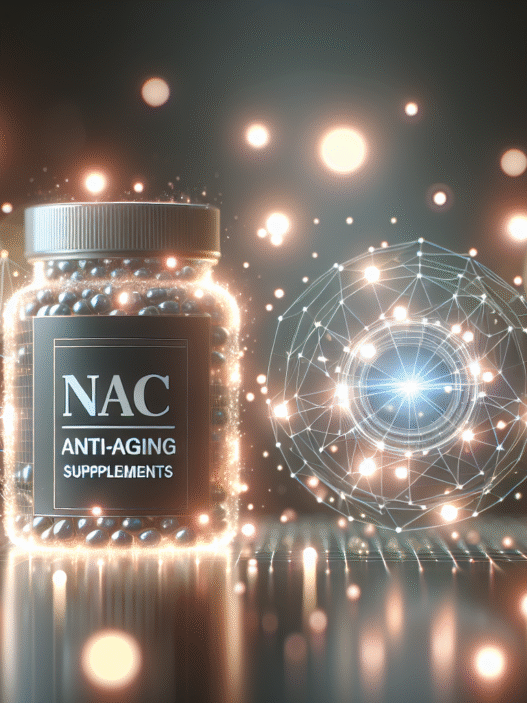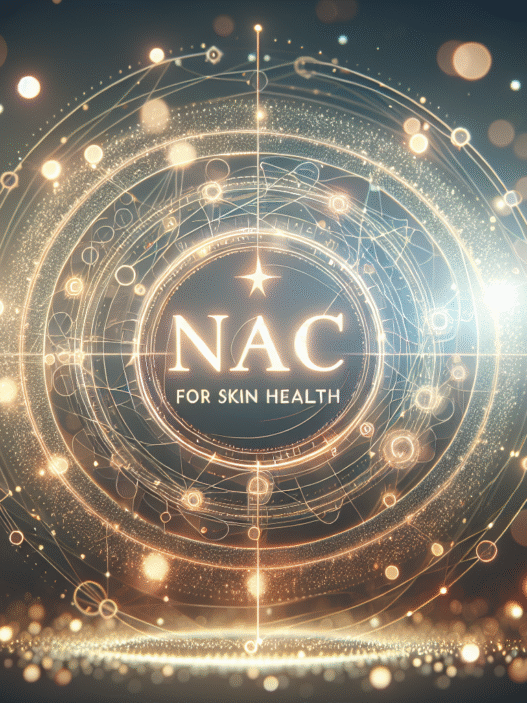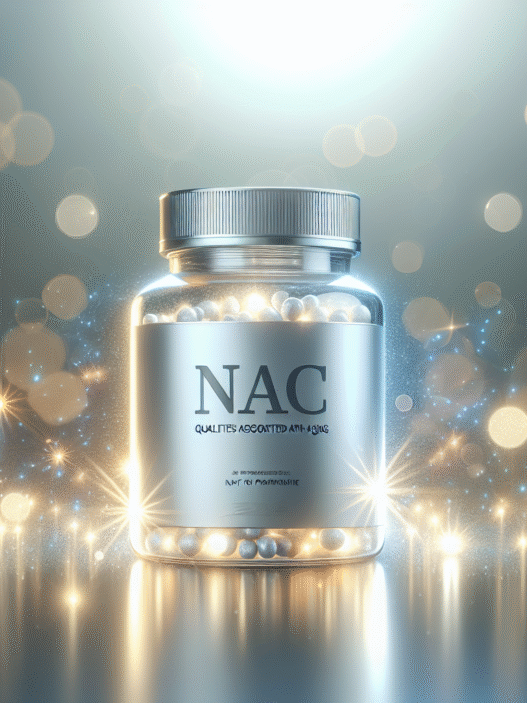Overview of N-Acetyl Cysteine (NAC)
Understanding NAC Benefits
N-Acetyl Cysteine (NAC) is a powerful antioxidant known for its myriad health benefits. Originally used as a mucolytic agent to treat respiratory conditions, its potential extends to various aspects of health, including skin rejuvenation. The application of NAC has garnered attention for its ability to enhance skin health, particularly among those seeking anti-aging solutions.
One of the significant roles of NAC is its support for skin conditions. Research indicates that NAC may help reduce skin-picking behaviors associated with excoriation disorder, thus improving overall skin condition (WebMD). In clinical studies, participants taking doses of 1,200-1,300 mg daily reported a decrease in skin-picking behaviors over three months.
Here’s a quick look at some of the potential benefits of NAC:
| Benefit | Description |
|---|---|
| Antioxidant Properties | Neutralizes harmful free radicals, protecting skin from oxidative stress. |
| Skin Condition Improvement | Potential to alleviate symptoms of various dermatologic issues. |
| Support for Skin-Picking Disorder | Reduction of compulsive behaviors related to skin damage. |
The n-acetyl cysteine skin rejuvenation benefits extend further into its efficacy across various skin ailments. Studies have shown that NAC can be effective in multiple dermatologic conditions, such as acne vulgaris, excoriation disorder, and even some forms of dermatitis. These uses highlight NAC’s role in not just cosmetic benefits but in supporting skin health from a medical perspective.
As individuals concerned about liver health or overall longevity consider incorporating NAC into their routines, its multifunctional properties make it a valuable asset in skin care regimens. The ongoing interest in n-acetyl cysteine for skin emphasizes its relevance as an ingredient that may provide both immediate and long-term skin health improvements.
NAC for Skin Health
N-Acetyl Cysteine (NAC) has garnered attention not only for its systemic health benefits but also for its potential to enhance skin health. This section explores how NAC can improve various skin conditions and the results of topical applications.
Improving Skin Conditions
NAC may help improve skin conditions, particularly for those dealing with acne or other dermatological issues. Studies have indicated that NAC can effectively reduce skin-picking behaviors associated with excoriation disorders. This behavior often exacerbates skin conditions, making NAC a valuable addition to a comprehensive skin health regimen.
Additionally, preliminary research suggests that when NAC is combined with other antioxidants, like Vitamin C and glutathione, it can yield remarkable benefits for skin rejuvenation. This combination helps to reduce oxidative damage while improving overall skin tone and texture (Riverbanks Clinic). The potential for NAC to protect skin health gives it an intriguing place in dermatological treatments.
Topical Application Results
Topical application of NAC has shown promising results in clinical studies. Research indicates that applying NAC on the skin can lead to significant improvements in acne vulgaris. In a study, individuals receiving topical NAC treatment demonstrated reduced comedone counts compared to a placebo group. This suggests that NAC is effective for treating mild-to-moderate acne vulgaris.
Moreover, topical NAC has improved skin hydration levels and decreased transepidermal water loss in patients with atopic dermatitis, as well as in healthy individuals. This quality makes NAC a beneficial ingredient for maintaining skin moisture and barrier function.
| Skin Condition | Treatment Form | Results |
|---|---|---|
| Acne Vulgaris | Topical NAC | Reduced comedone counts |
| Atopic Dermatitis | Topical NAC | Improved hydration, decreased water loss |
| Skin-Picking Behaviors | Oral/NAC Therapy | Improvements in behavior |
NAC’s versatility in treating various skin conditions and its dual role as both an internal supplement and topical treatment make it an exciting option for individuals concerned about skin rejuvenation. For further insights into NAC’s benefits for skin health, explore n-acetyl cysteine skin benefits and n-acetyl cysteine for skin.
NAC in Dermatologic Conditions
N-Acetyl Cysteine (NAC) has gained attention for its potential benefits in various dermatologic conditions. Its antioxidant and anti-inflammatory properties make it a valuable compound for skin health.
Efficacy in Various Skin Disorders
Research indicates that NAC has shown efficacy in treating a variety of dermatologic disorders including:
- Acne Vulgaris: Topically applied NAC has demonstrated superior results in reducing comedone counts in patients with acne vulgaris compared to a placebo group, suggesting its effectiveness for mild-to-moderate cases (PubMed Central).
- Excoriation Disorder: In one randomized, double-blind trial, NAC treatment significantly improved symptoms in 47% of patients, as opposed to just 19% on placebo (PubMed Central).
- Onychophagia Disorder: A clinical pilot study found that children and adolescents treated with NAC showed statistically significant nail growth compared to a control group after one month.
- Trichotillomania: NAC treatment resulted in a 56% improvement in hair-pulling symptoms, further showcasing its effectiveness in various skin-related issues (PubMed Central).
The potential of NAC as a therapeutic agent in these and other skin disorders underscores its relevance in dermatologic health.
Wound Healing Benefits
NAC also plays a role in enhancing wound healing. Its antioxidant properties help protect cells from oxidative stress during the healing process. The compound aids in collagen synthesis, promoting skin repair and regeneration. This is crucial for anyone looking to improve skin resilience and recovery.
Those interested in utilizing NAC for wound healing should consider its application alongside a comprehensive skincare regimen. Regular use can complement other treatments, ensuring better outcomes in skin rejuvenation.
For additional insights into NAC and its benefits, see our articles on n-acetyl cysteine skin benefits and n-acetyl cysteine for skin.
NAC and Specific Skin Conditions
Acne Vulgaris Treatment
N-Acetyl Cysteine (NAC) has shown promising results in the treatment of acne vulgaris. Topically applied NAC demonstrated superior outcomes in reducing comedone counts compared to a placebo group, suggesting its effectiveness for individuals struggling with mild to moderate acne (PubMed Central). This results in fewer blemishes and a clearer complexion for those who incorporate NAC into their skincare regimen.
In clinical scenarios, NAC has been included in various treatments due to its multifaceted benefits, particularly for those experiencing acne. The unique properties of NAC contribute to its ability to alleviate symptoms associated with inflammatory skin conditions. For more on the different ways NAC can enhance skin health, explore our article on n-acetyl cysteine benefits for skin.
| Acne Condition | Effect of NAC |
|---|---|
| Comedonal Acne | Reduced counts with NAC application |
| Inflammatory Acne | Potential benefits not extensively studied |
UV-Induced Skin Damage Protection
NAC also plays a significant role in protecting the skin against UV-induced damage. The topical application of NAC has been shown to inhibit the UV signaling cascade responsible for premature skin aging while simultaneously increasing glutathione (GSH) levels within the skin. High levels of GSH are associated with better skin health and improved resilience against environmental stressors.
This protective mechanism positions NAC as a valuable agent in the prevention of photoaging, making it an effective addition to sun protection strategies. Long-term use may not only help in maintaining youthful skin but also in minimizing the appearance of wrinkles and fine lines. Those interested in anti-aging effects can learn more about NAC in our section on nac for anti-aging.
| Skin Damage Type | Role of NAC |
|---|---|
| UV-Induced Damage | Inhibition of UV signaling; increased GSH levels |
| Skin Aging | Potential prevention of photoaging |
NAC’s diverse applications extend from treating acne to guarding against UV damage, making it a multifaceted component in skin rejuvenation strategies. For further reading about how NAC can rejuvenate skin, check out n-acetyl cysteine skin rejuvenation benefits.
NAC for Health and Longevity
Neuroprotective Effects
N-Acetyl Cysteine (NAC) plays a significant role in promoting brain health through its neuroprotective effects. Research indicates that NAC replenishes glutathione levels in the body, which is essential for neutralizing free radicals and reducing oxidative stress. It controls a neurotransmitter called glutamate and reduces inflammation, thereby protecting brain cells. These functions may benefit individuals with neurodegenerative conditions such as Alzheimer’s and Parkinson’s diseases (WebMD).
Table 1 summarizes key neuroprotective effects of NAC and their potential benefits:
| Neuroprotective Effect | Benefit |
|---|---|
| Replenishes glutathione | Reduces oxidative stress |
| Controls glutamate levels | Supports neurotransmitter balance |
| Reduces inflammation | Protects brain cells |
NAC’s ability to mitigate oxidative damage makes it a substantial supplement for those concerned about age-related cognitive decline. For more details on the benefits of NAC, visit n-acetyl cysteine benefits.
Substance Use Disorder Support
NAC may also provide support for individuals recovering from substance use disorders. It has shown potential in easing withdrawal symptoms and reducing the likelihood of relapse in those who have stopped misusing substances such as stimulants, cannabis, tobacco, and alcohol. While studies yield mixed results in treating psychiatric disorders, evidence suggests that NAC can influence the brain and nervous system to lessen symptoms associated with substance use disorders (WebMD).
Table 2 outlines the possible benefits of NAC for individuals dealing with substance use issues:
| Benefit | Description |
|---|---|
| Eases withdrawal symptoms | Helps manage physical and psychological effects of withdrawal |
| Reduces relapse likelihood | May decrease cravings and supports long-term recovery |
| Modulates brain function | Alters neurochemical levels to alleviate symptoms |
The multifaceted applications of NAC for health and longevity highlight its significance. For additional information on how NAC can enhance well-being, explore our section on nac supplement benefits.
NAC and Other Health Benefits
N-acetyl cysteine (NAC) offers a variety of health benefits beyond skin rejuvenation. In this section, we will explore its positive effects on fertility and hormonal health, as well as its cardiovascular benefits.
Fertility and Hormonal Health
Research has shown that N-acetyl cysteine may support fertility in both men and women. It has been linked to improved semen quality in men and regular ovulation in women struggling with infertility, particularly in conditions such as polycystic ovary syndrome (PCOS) (WebMD). By promoting balanced hormonal levels and supporting reproductive health, NAC may play a crucial role in enhancing fertility outcomes.
| Study Aspect | Findings |
|---|---|
| Semen Quality | Improved in men after NAC treatment |
| Ovulation Regularity | Enhanced in women with PCOS |
Cardiovascular Benefits
NAC has also been indicated to contribute to cardiovascular health. Some studies suggest that when combined with green tea, NAC can help reduce damage caused by low-density lipoprotein (LDL) cholesterol, which is often linked to heart disease (WebMD). By replenishing glutathione levels and controlling oxidative stress, NAC may help protect heart cells and improve overall cardiovascular function.
| Cardiovascular Effect | Description |
|---|---|
| LDL Cholesterol Protection | May reduce damage associated with high LDL levels |
| Antioxidant Support | Helps replenish glutathione, combating oxidative stress |
N-acetyl cysteine demonstrates potential benefits in areas crucial for overall health, including fertility and cardiovascular well-being. For those interested in exploring n-acetyl cysteine benefits, understanding how it can improve both hormonal balance and heart health presents additional reasons to consider this powerful compound in their wellness regimen.










